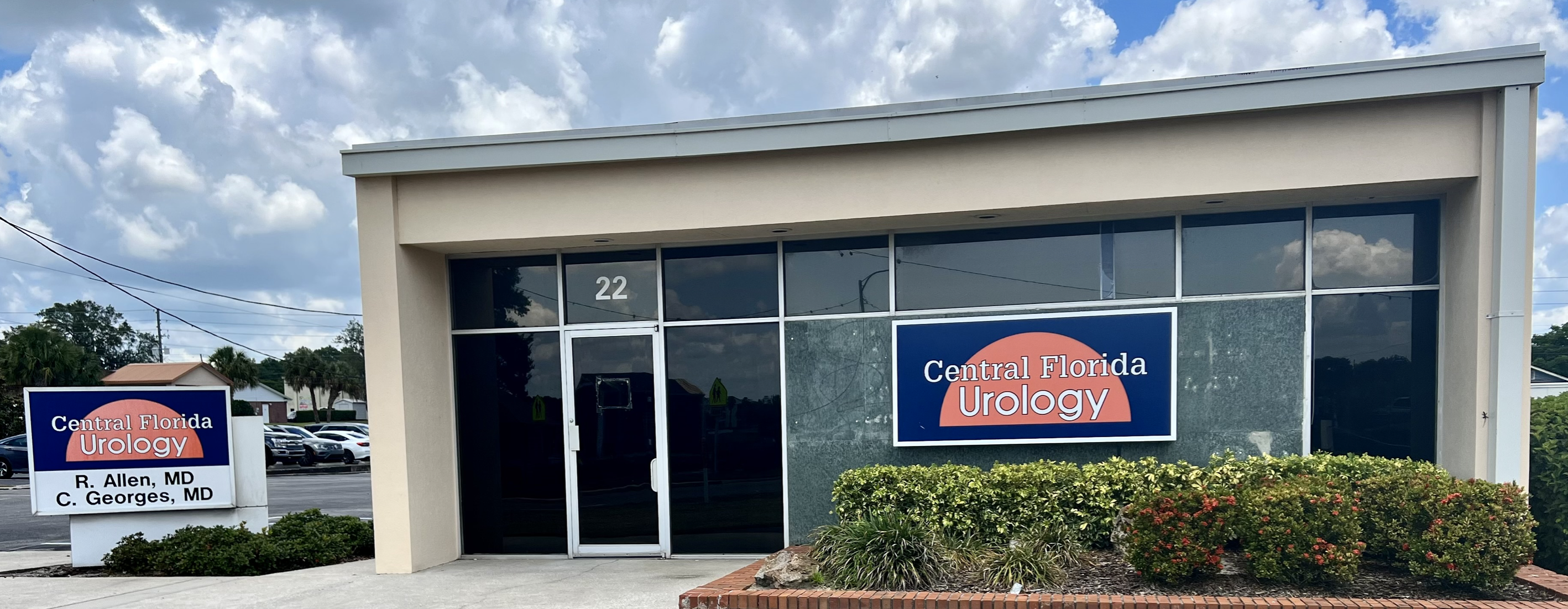
UroLift: A Revolutionary Treatment for Benign Prostatic Hyperplasia (BPH)
Benign Prostatic Hyperplasia (BPH) is a common condition affecting many men, particularly as they age. This non-cancerous enlargement of the prostate gland can lead to uncomfortable and often disruptive urinary symptoms. If you’re experiencing frequent urination, difficulty starting urination, weak urine flow, or the inability to empty your bladder completely, you may be dealing with BPH.
Understanding BPH and Its Impact
As the prostate enlarges, it can compress the urethra, making it difficult for urine to pass through. This can result in a range of symptoms that significantly affect quality of life, including:
- Frequent urination, especially at night
- Urgent need to urinate
- Weak or interrupted urine stream
- Difficulty starting urination
- Inability to empty the bladder completely
These symptoms can interfere with sleep, daily activities, and overall well-being. Fortunately, innovative treatments like UroLift are changing the landscape of BPH management.
Introducing UroLift: A Game-Changer in BPH Treatment
UroLift is a groundbreaking, minimally invasive procedure designed to alleviate the symptoms of BPH without the need for major surgery. This FDA-approved treatment offers a unique approach to managing enlarged prostates.
How UroLift Works
The UroLift system uses tiny implants to lift and hold the enlarged prostate tissue out of the way, effectively opening the urethra. This simple yet ingenious approach allows for improved urine flow without removing any prostate tissue.
Advantages of UroLift
- Minimally Invasive: Unlike traditional surgical treatments, UroLift doesn’t require incisions or tissue removal. It can be performed under local anesthesia in an outpatient setting.
- Quick Recovery: Most patients experience rapid symptom relief and can return to normal activities within days, not weeks.
- Preservation of Sexual Function: UroLift has shown to preserve sexual function, a significant advantage over some traditional BPH treatments.
- Effective Symptom Relief: Clinical studies have demonstrated significant improvement in urinary symptoms, enhancing overall quality of life.
- Fewer Side Effects: Compared to medications and more invasive surgeries, UroLift has a lower risk of side effects such as erectile dysfunction or urinary incontinence.
UroLift vs. Traditional Treatments
When compared to traditional BPH treatments, UroLift often presents a more favorable option:
- Medications: While effective, BPH medications require ongoing use and may have side effects. UroLift provides a one-time treatment with lasting results.
- Transurethral Resection of the Prostate (TURP): This surgical option, while effective, involves a longer recovery period and higher risk of complications compared to UroLift.
Why Choose Central Florida Urology Institute for UroLift
The Central Florida Urology Institute stands out as a premier destination for UroLift and other urological treatments. Here’s why:
- Specialized Expertise: Our board-certified urologists have extensive experience in performing the UroLift procedure, ensuring optimal outcomes for our patients.
- State-of-the-Art Technology: We utilize the latest diagnostic and surgical technologies, allowing for precise treatment and improved patient outcomes.
- Patient-Centered Care: Our approach focuses on your comfort and satisfaction, providing a supportive environment throughout your treatment journey.
- Comprehensive Care: From initial consultation to post-procedure follow-up, we offer complete care tailored to your individual needs.
Take the Next Step Towards Better Urological Health
If you’re struggling with BPH symptoms and are interested in learning more about UroLift, the Central Florida Urology Institute is here to help. Our expert team can assess your condition and determine if UroLift is the right treatment option for you.
Don’t let BPH symptoms control your life any longer. Contact us today to schedule a consultation and take the first step towards improved urological health.
For Patients and Referring Doctors: To learn more about UroLift or to schedule a consultation, please visit our website at Central Florida Urology Institute. Our team is ready to answer your questions and provide the expert care you deserve.
Take control of your urological health today with UroLift at the Central Florida Urology Institute – where innovation meets compassionate care.







Recent Comments